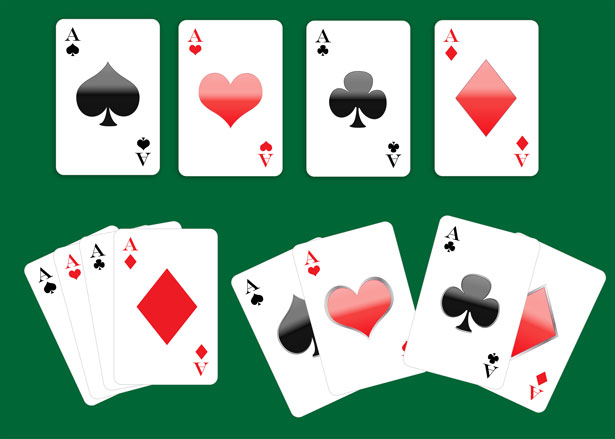Iowa Gambling Task Scoring
| Title | The Iowa Gambling Task in depression – what have we learned about sub-optimal decision-making strategies? |
|---|---|
| Published in | |
| DOI | 10.3389/fpsyg.2013.00732 |
| Pubmed ID | |
| Authors | Anita Must, Szatmar Horvath, Viola L. Nemeth, Zoltan Janka |
| Abstract | Our earlier study found patients with depression to show a preference for larger reward as measured by the Iowa Gambling Task (IGT). In this IGT version, larger rewards were associated with even larger consequent losses. In the light of the clinical markers defining depressive disorder, this finding might appear controversial at first. Performance of depressed patients on various decision-making (DM) tasks is typically found to be impaired. Evidence points toward reduced reward learning, as well as the difficulty to shift strategy and integrate environmental changes into DM contingencies. This results in an impaired ability to modulate behavior as a function of reward, or punishment, respectively. Clinical symptoms of the disorder, the genetic profile, as well as personality traits might also influence DM strategies. More severe depression increased sensitivity to immediate large punishment, thus predicting future decisions, and was also associated with higher harm avoidance. Anhedonic features diminished reward learning abilities to a greater extent, even predicting clinical outcome. Several questions about how these aspects relate remain to be clarified. Is there a genetic predisposition for the DM impairment preceding mood symptoms? Is it the consequence of clinical signs or even learned behavior serving as a coping strategy? Are patients prone to develop an aversion of loss or are they unable to sense or deal with reward or the preference of reward? Does the DM deficit normalize or is a persisting impairment predictor for clinical outcome or relapse risk? To what extent is it influenced by medication effects? How does a long-lasting DM deficit affect daily life and social interactions? Strikingly, research evidence indicates that depressed patients tend to behave less deceptive and more self-focused, resulting in impaired social DM. The difficulty in daily interpersonal interactions might contribute to social isolation, further intensifying depressive symptoms. |


Iowa Gambling Task Scoring
Iowa Gambling Task, Version 2 igt-2. Length: 15-20 minutes to administer and score. Scoring: Computer Scored. User Level A, M Details Prices. Continue Browsing. And one of the ways this can be tested is with the Iowa Gambling Task. First designed by Antoine Bechara and others in 1994, the test was originally used to measure decision-making abilities. This decision-making required that the participants simply select a card from one of four decks – hardly a tricky bet.
Iowa Gambling Task Scoring Leaders
PsyToolkit is a one-stop website. Get your questionnaire/experiment running quickly without hassle.
Design and run experiments or questionnaire surveys online (browser-based) or offline
Online data collection, storage, analysis, and download
No limits on numbers of questions or participants
Multi-lingual survey interface (including Spanish, French, German, 中文, and many more)
Extensive online documentation and YouTube channel with tutorial videos
It is suitable for teaching psychology, starting from secondary education
Ideal for student and professional research projects
Ideal for support in teaching cognitive or personality psychology
Rapid development possible by using questionnaires and experiments from the large library
Non-commercial and free to use
Made for and by academics
Reliably hosted by a professional data center
It uses free-software resources (click for acknowledgements)
There is a Frequently Asked Questions (FAQ) section
Excellent timing comparable to E-prime (demonstrated by independent research group)